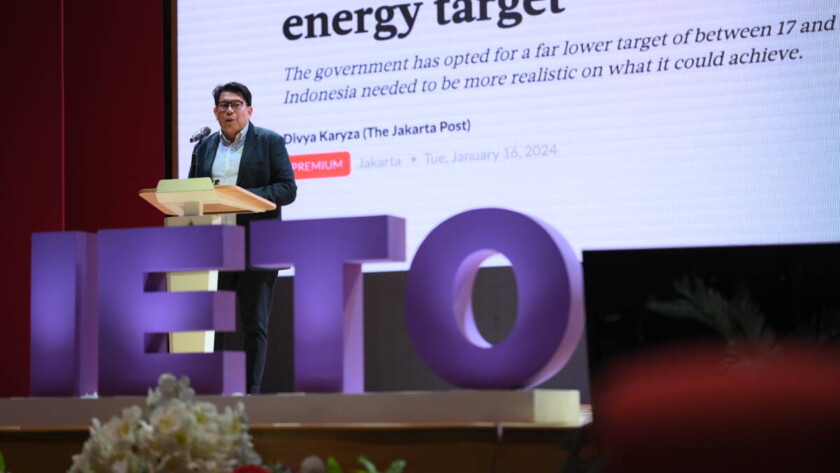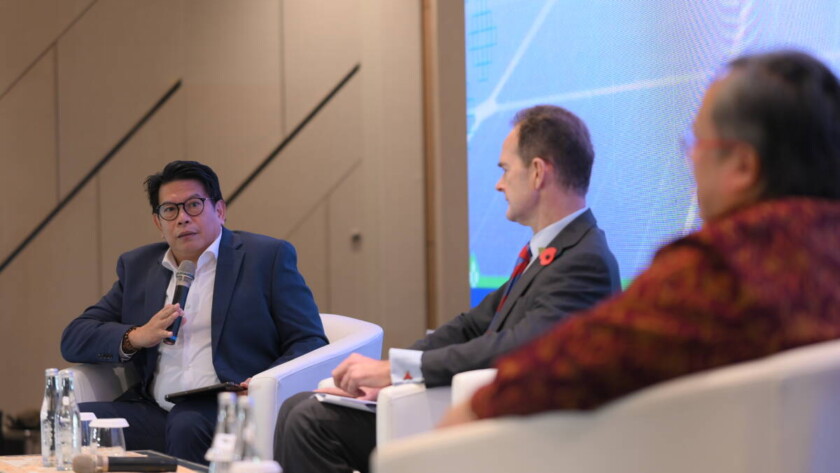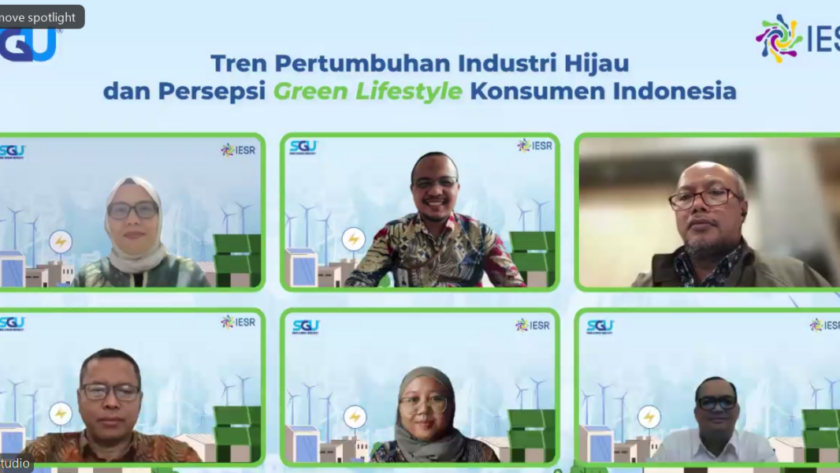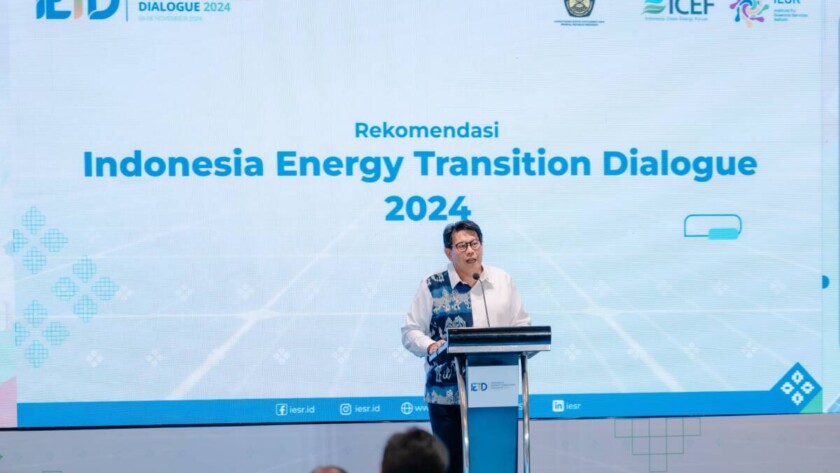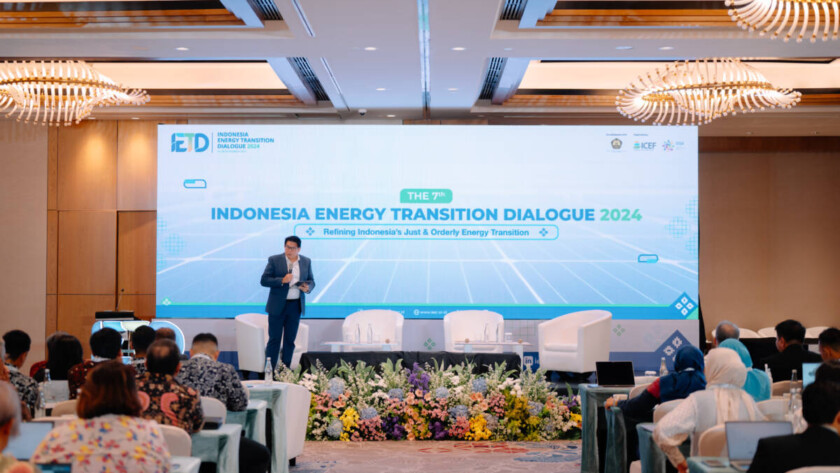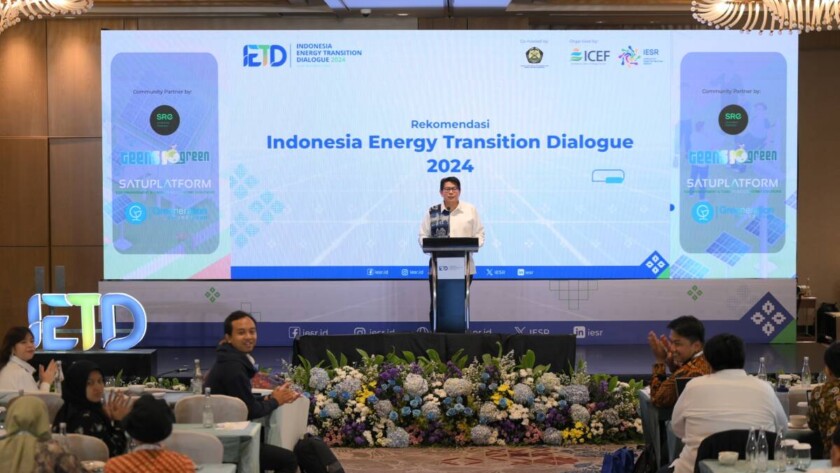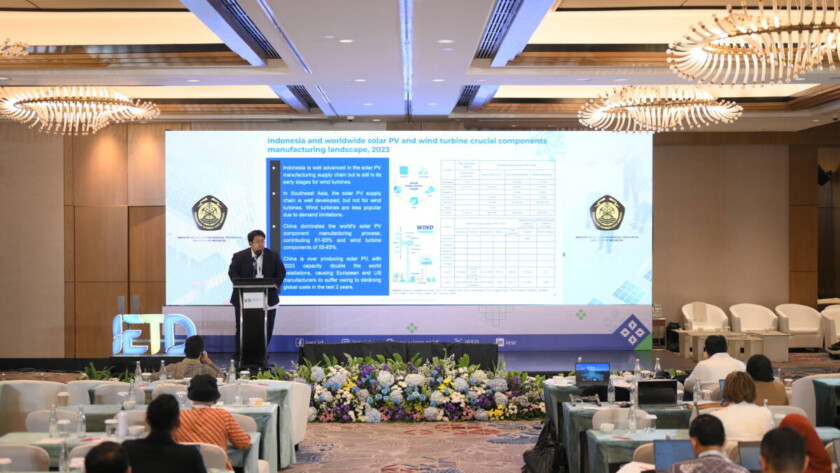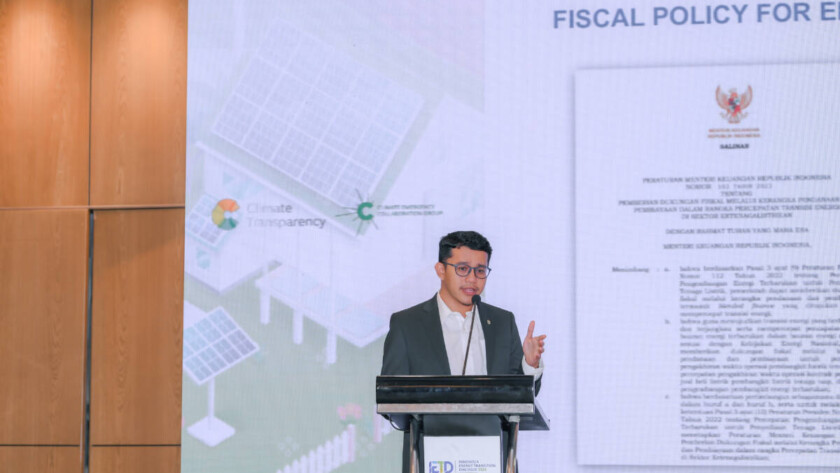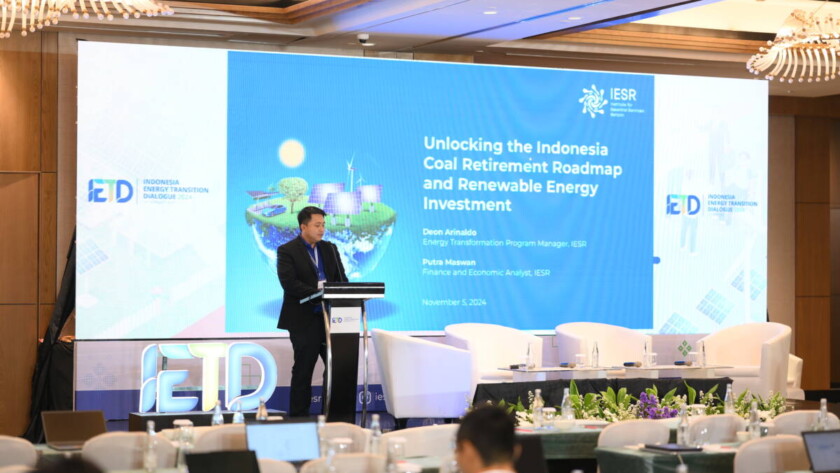Jakarta, December 5, 2024 - The Institute for Essential Services Reform (IESR) has consistently monitored the development and direction of Indonesia's energy transition as outlined in the Indonesia Energy Transition Outlook (IETO) 2025 report published since 2018. IESR highlights that despite the government's pledge to reduce emissions and increase the utilization of renewable energy, the…
